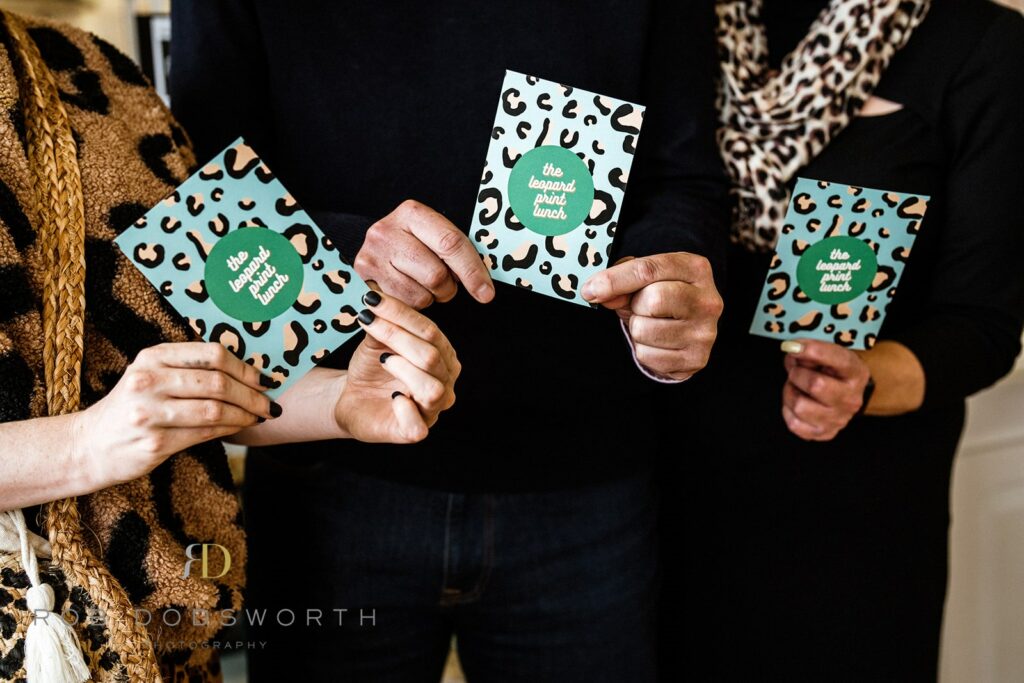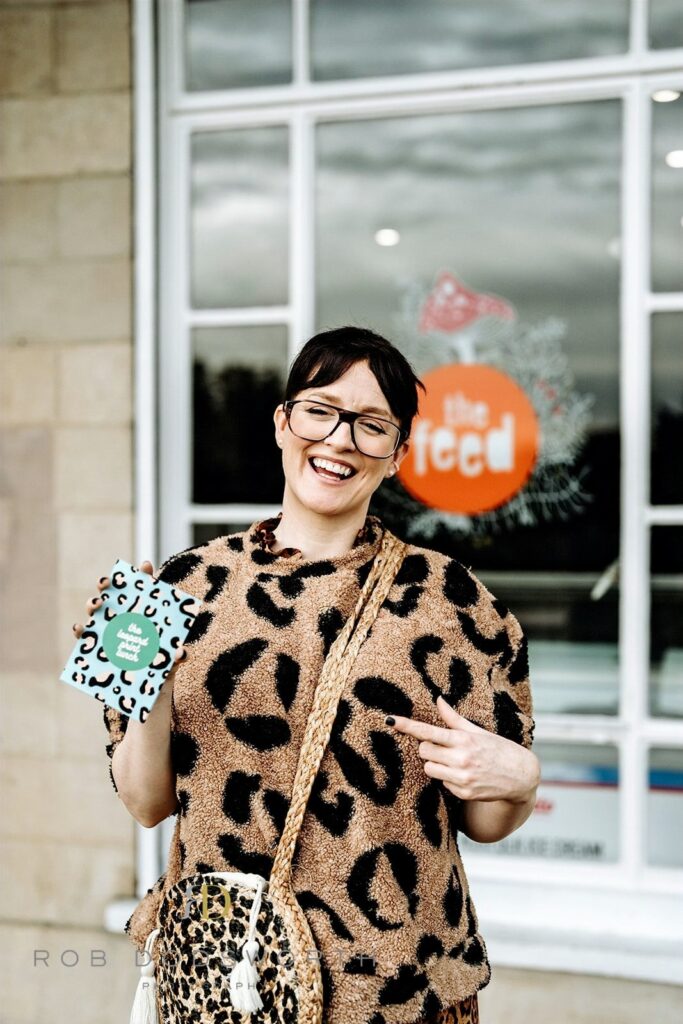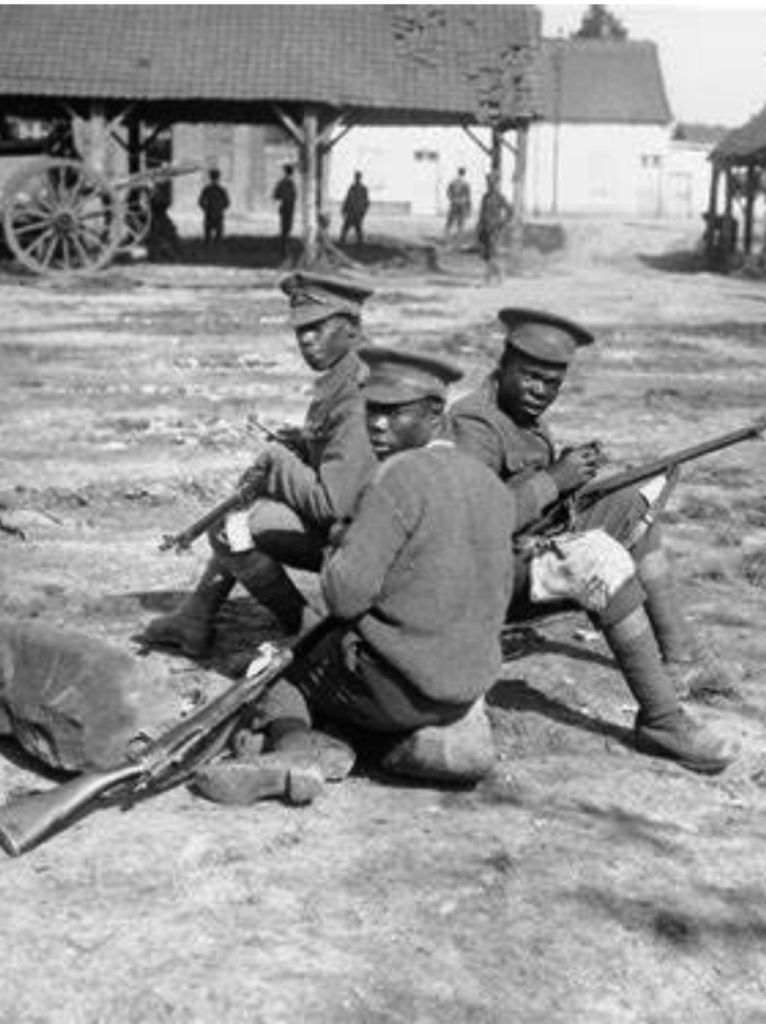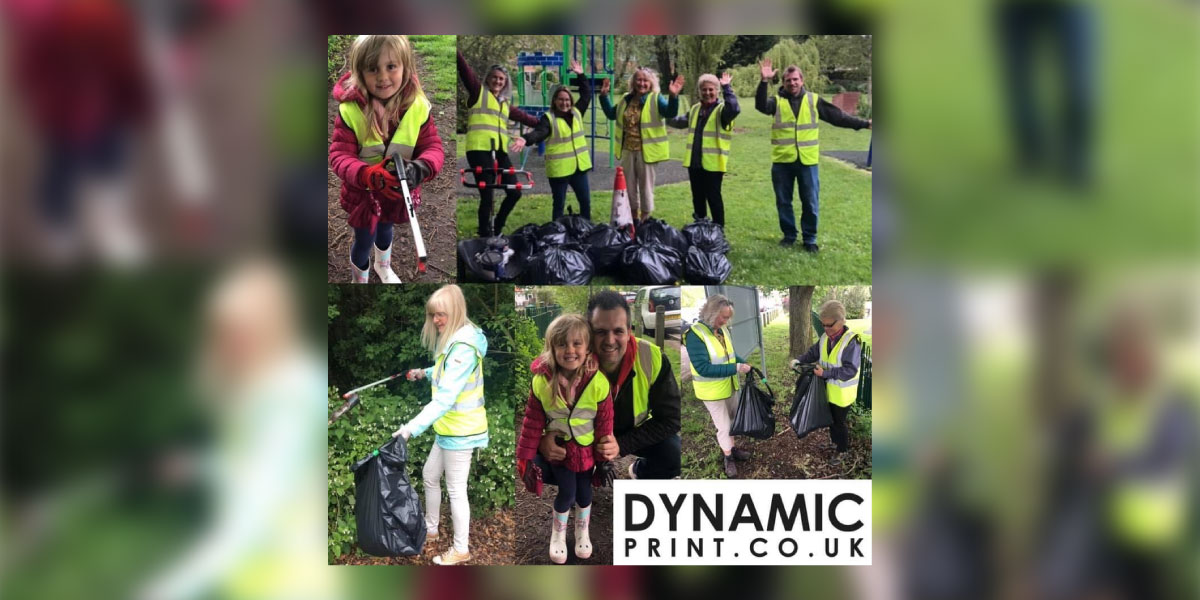“Switch to paperless”, “go green”, “save trees”. We’ve all witnessed companies broadcasting these requests – encouraging customers to ditch paper for:
- Electronic billing
- E-signatures
- Digital receipts
- Cloud storage
- Note-taking apps, etc.
Implicit in these green-sheened messages is the assumption that going digital is better for the environment. And that clearly impacts how we think and behave; research conducted by Two Sides found that 60% of European consumers believe electronic communications are better for the environment than paper-based communications.
Are they right? Or are the appeals misleading?
This article will change the way you think about paper. We’ll cover why going paperless won’t actually save trees, by unpacking 3 common myths surrounding the paper industry.
Myth 1: European forests are shrinking
According to a 2021 survey, 64% of consumers believe that forests in Europe are shrinking (source: Two Sides).
However, European forests are in fact growing. Not marginally, either; the forests have been growing by an area equivalent to 1,500 football pitches every day. In the past 15 years, forests in Europe have spread by the size of Switzerland (source: FAO, Food and Agriculture Organization of the United Nations).
You might also be surprised to know: the paper industry is a relatively small user of wood. Over 50% of the world’s wood harvest is used for fuel, and 30% is processed for other industries (like furniture). Only 13% is used to make paper (source: FAOSTAT, 2018).
Myth 2: Paper is bad for the environment
Trees need to be chopped down to make paper. But, as Myth 1 pointed out, that doesn’t mean paper is causing forests to shrink.
The good news is that trees are a renewable resource. And we’re thankful that progress is being made: the paper industry’s carbon emissions have reduced by 48% per tonne of product from 1990 to 2019 (source: Cepi). Likewise, contrary to popular belief, the paper and printing sector is one of the lowest industrial emitters of greenhouse gases.
The paper industry accounts for 0.8% of all EU greenhouse gas emissions (source: Eurostat). Meanwhile, the ICT industry accounts for around 3% of global greenhouse gas emissions – and that is only predicted to rise (source: Journal of Cleaner Production).
Moreover, the paper industry uses respected forestry certification schemes to ensure that virgin fibre originates from sustainable sources. The two most recognised certification schemes are Forest Stewardship Council® (FSC®) and the Programme for the Endorsement of Forest Certification™ – so look out for those on the paper you use.
Recyclable
Despite misconceptions, paper is highly recycled, and is re-used an average of 3.8 times. In 2020, a total of 56 million tonnes of paper was recycled in Europe – a recycling rate of 74%. Plus, 83% of paper packaging is recycled today (source: European Paper Recycling Council, Monitoring Report).
We always recommend being responsible with your paper consumption. Double-sided printing in the office and implementing separate collection schemes are good practices – they’ll improve sustainability and reduce costs.
Circular economy
Paper, being made from wood fibre, is a natural and sustainable product. The paper industry uses all parts of the tree (and by-products), too. It also fits into the circular economy model perfectly; paper is easily collected and recycled, and its fibres are used over and over again. Make, use, recycle and reuse – to a T.
How is this controlled? In Europe, most primary forests are protected and sustainably managed. Such forests carefully control the cycle of planting, growing and logging.
Myth 3: Digital is better
Over 750 of the world’s largest organisations have stopped using misleading statements that say moving to digital communications is better for the environment (source: Two Sides).
Because, on the surface, digital communications appear more sustainable; electronic devices are used over and over again, which makes it a renewable resource (of sorts).
However, while wood is grown and harvested in a controlled, sustainable way, raw materials from digital equipment are non-renewable. As are their servers and power generators. Electronics are also notoriously difficult to recycle – meaning a specialist recycling scheme is needed.
Every medium will have its strengths and weaknesses. For instance, digital marketing might have a wider reach, while print marketing has higher brand recognition rates. The most important thing is to keep an open mind about how each medium can be used in different situations.
At the end of the day, what matters most is finding a way to communicate that works best for you and your audience. If you’d like Dynamic Certificates Online to help, give us a call on 01416 731655.
Sustainability at Dynamic Certificates Online
At Dynamic Certificates Online, we’re committed to minimising potential negative impacts on the environment. Back in 2012, we were the second printing company in the UK to sign up to the Woodland Carbon scheme. We have since helped raise more than £1,000,000 for the Woodland Trust, which has enabled the planting of more than 300,000 trees.
We also reuse, upcycle, recycle, freecycle and compost as much waste as possible. We like to get creative, by:
- Recycling part of our paper waste into environmentally friendly products, such as our Eco Flower Supplies
- Turning pallet waste into tables, planters, doors, sheds and composters
- Donating greyboard and seeded paper waste to the Norwich Puppet Theatre – who then turn them into background scenery or papier-mâché puppets
- Composting our food and paper waste in our office garden.
Click here to read more of our policies.
Eco-friendly paper
As conscious printers, we offer a range of eco-friendly products. From corporate stationery, to wedding invitations – Dynamic is able to support a whole range of sustainable solutions.
Our product ranges include 100% recycled paper, seeded paper, recyclable kraft paper flower sleeves, paper made from bamboo and grass, and 100% recyclable eco signage.
Has your perspective changed?
On top of being an incredible way to engage with customers and build brand awareness, print is a sustainable option – perhaps more so than you expected.
If you’d like to see more myths & facts surrounding paper, check out Two Sides’ website. They’ve got a bunch of free, helpful resources, so that you can learn more about the sustainability (and importance) of print.


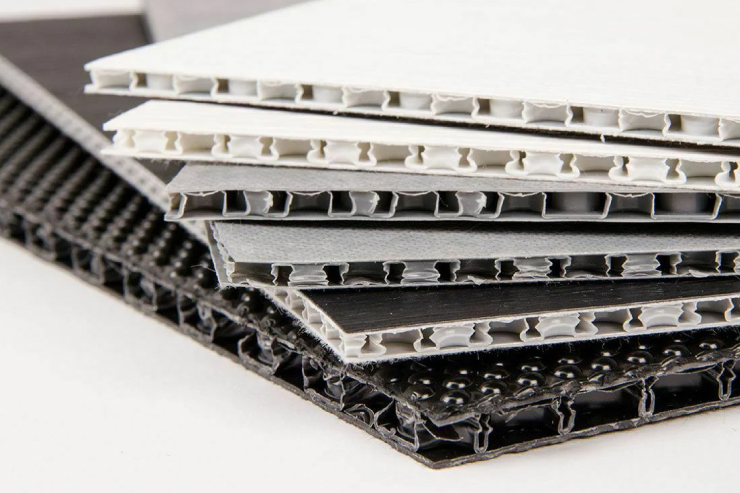
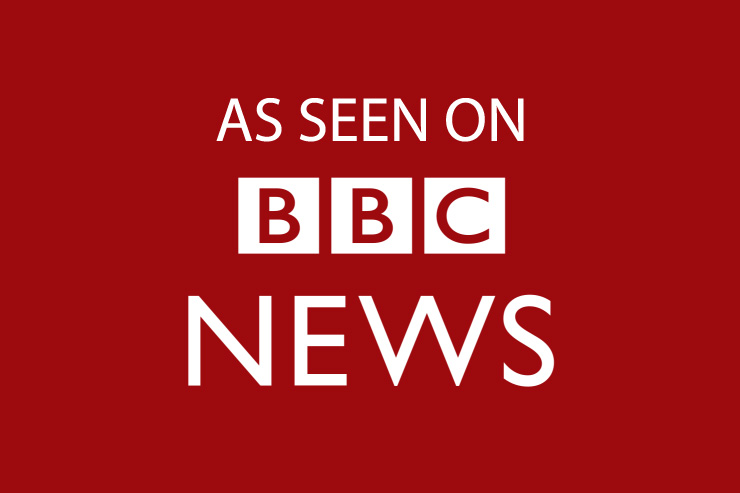
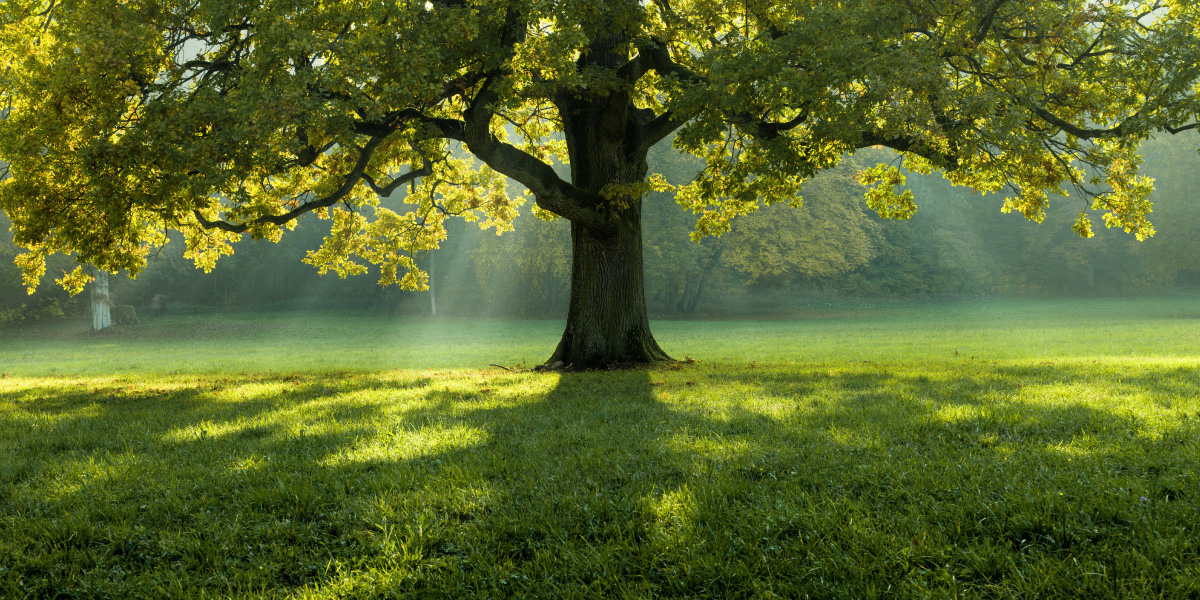
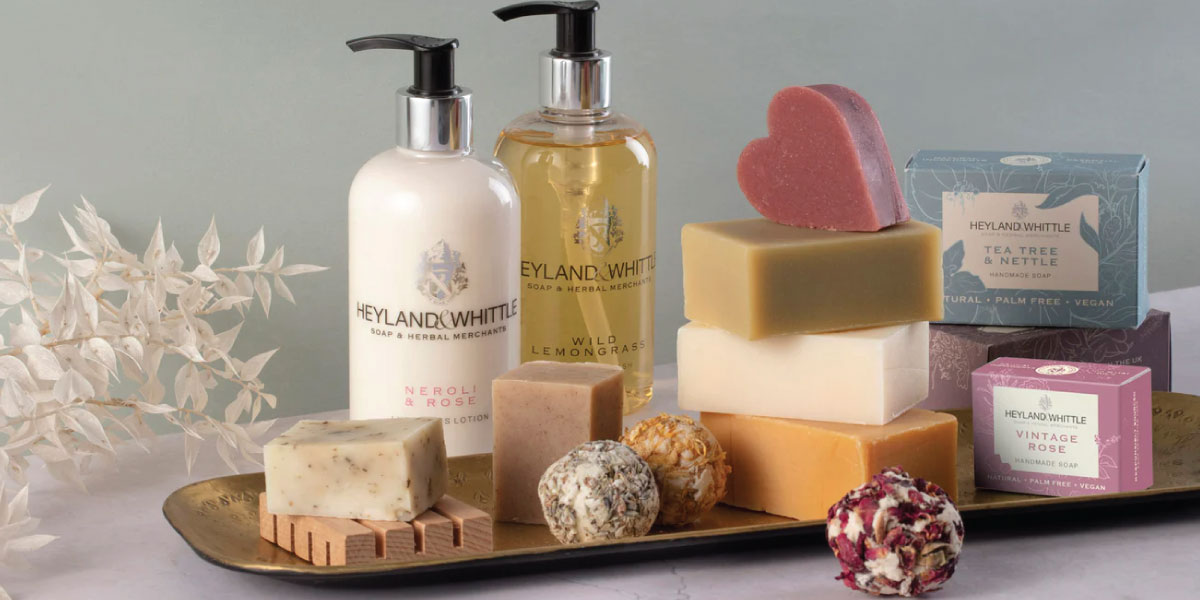

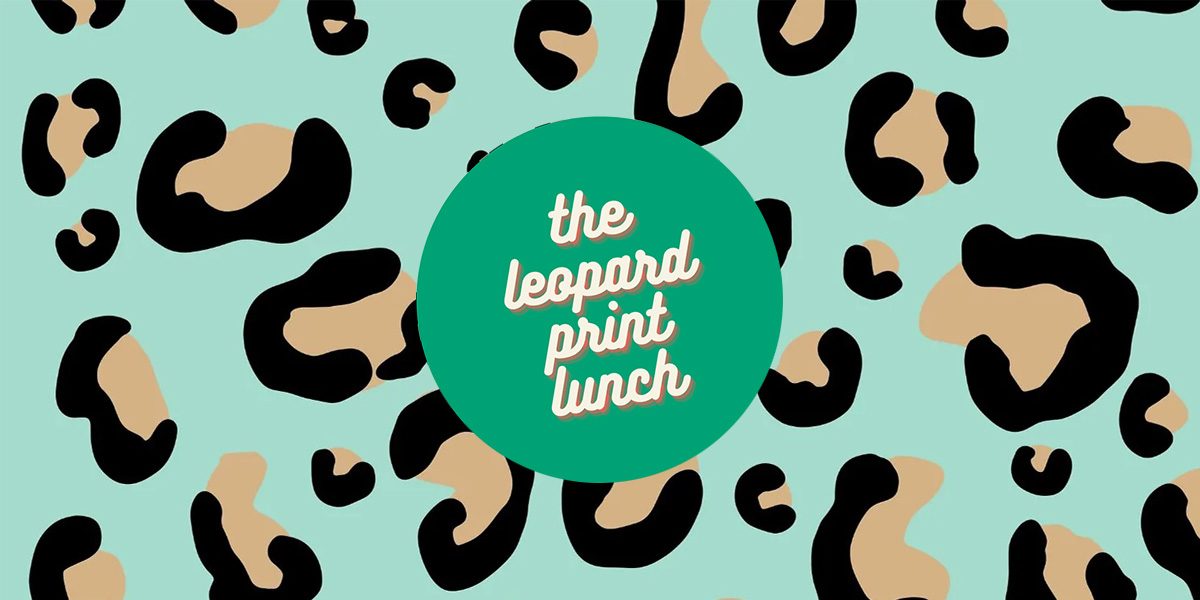
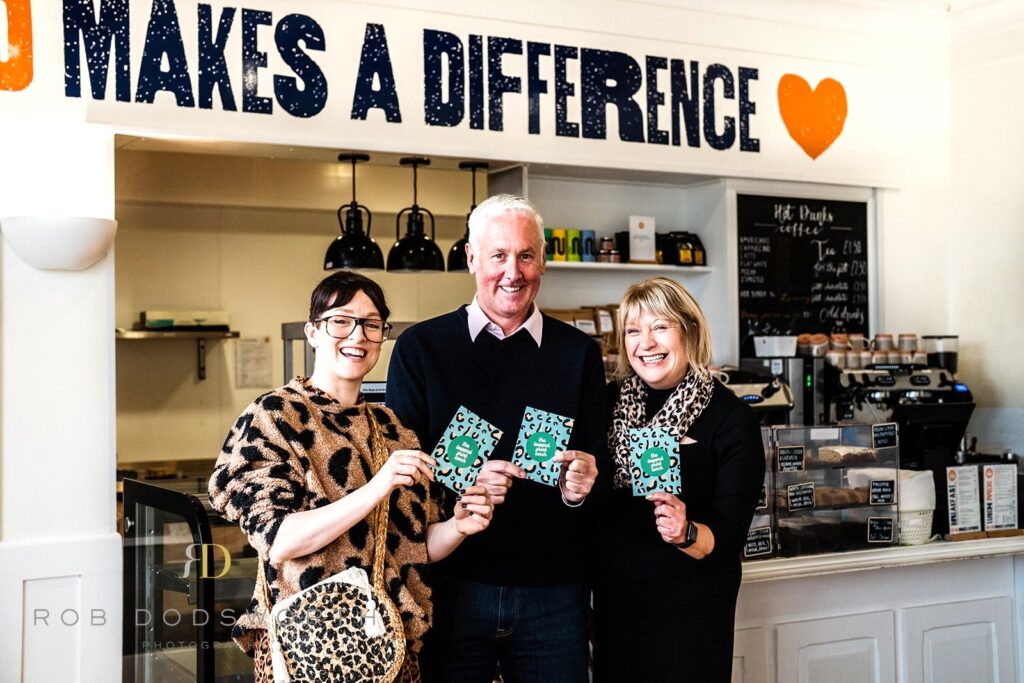 (l-r) Rechenda Smith from Nurture Marketing, Chris Elliott from The Feed and Sarah Smith from Dynamic Certificates Online are collaborating for business networking lunch with a difference
(l-r) Rechenda Smith from Nurture Marketing, Chris Elliott from The Feed and Sarah Smith from Dynamic Certificates Online are collaborating for business networking lunch with a difference